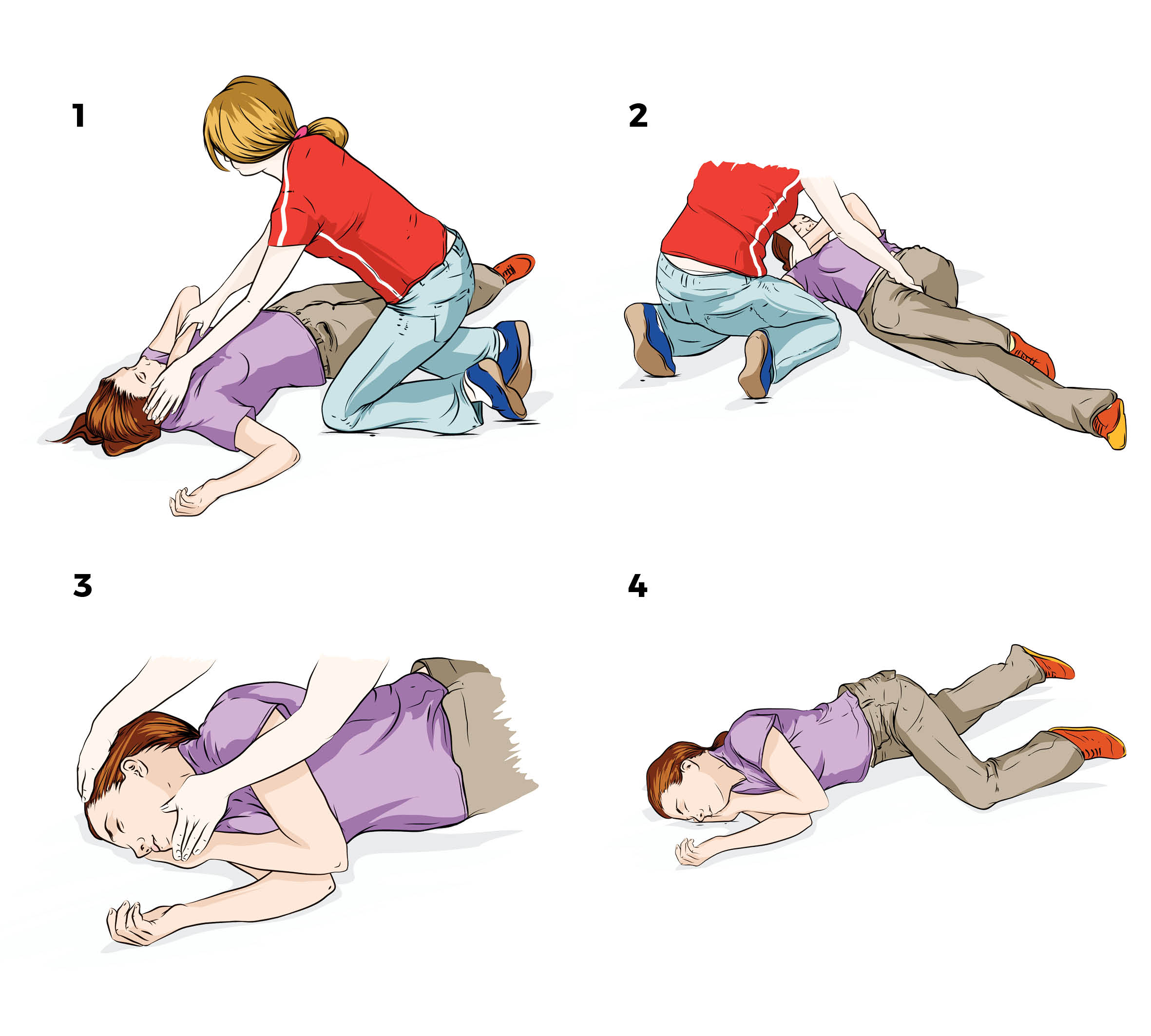MDMA
Also called ecstasy, E, pingers, pills, MD, Molly
3,4-Methylene-dioxy-methamphetamine, or MDMA, is primarily a stimulant drug that can also produce some hallucinogenic effects. Stimulant drugs increase brain activity and intensify the messages between the brain and the body.
What does it look like?
- Pressed tablet
- Capsule
- Powder or crystal
- Swallowed
- Snorted
- Injected
People commonly use MDMA to feel euphoric and to increase confidence and energy. Other short-term effects include:
- Jaw clenching
- Teeth grinding
- Sweating
- Dilated pupils
- Uncontrolled eye movements
- Increased heart rate and body temperature
- Low mood
When taken in large amounts, people can experience:
- Hallucinations
- Anxiety
- Paranoia
- Seizures
- Heat stroke
People who inject are at higher risk of additional harms such as:
- Blood-borne viruses
- Bacterial and fungal infections
- Damage to the circulatory system
- Increased likelihood of overdose
MDMA affects people differently depending on a range of factors including how much is consumed, whether it is used with other drugs, and the individual characteristics of the person. It is important to remember that there is no safe level of use.
If you are using MDMA it is important to rest and re-hydrate regularly (but not excessively) due to the risks associated with heat stroke and dehydration.
- Anxiety
- Depression
- Psychological distress
- Low mood
- Spending a great deal of time getting, using, or recovering from the effects
- Using in greater amounts, or for longer than originally planned
- Needing to use more to get the same effect
- Having cravings, difficulties stopping/reducing use
- Experiencing withdrawal symptoms
- Social problems including relationship issues, financial problems, impacts on study or work and legal problems
Sometimes it can take a few attempts to cut back or stop.
- Focus on reasons for cutting down or stopping
- Avoid ‘triggers’ (i.e. things associated with using such as places, people and stressful situations)
- Ask a friend, family member or health professional for support
People should avoid using MDMA while pregnant as it may increase the risk of miscarriage and other complications. People who are concerned about their MDMA use while pregnant or breastfeeding should talk to their doctor or health professional.
Adis 24/7 Alcohol and Drug Support is a 24 hour, 7 day a week confidential support service for people in Queensland with alcohol and other drug concerns, their loved ones and health professionals.
Talk to us. Anytime, anywhere.
1800 177 833
Signs of a MDMA overdose may include:
- Very high blood pressure
- Rapid heart rate
- Rapid increase in body temperature
- Seizures
- Loss of consciousness
If the person has collapsed or lost consciousness, call an ambulance on triple zero (000). If they have stopped breathing commence CPR. If they are breathing normally, place them into the recovery position.

Adis - Understanding MDMA Fact Sheet
Adis fact sheet about MDMA, also known as ecstasy, E, pingers, pills, MD, molly.
Take a self assessment quiz, it's free and only takes 5 minutes.
